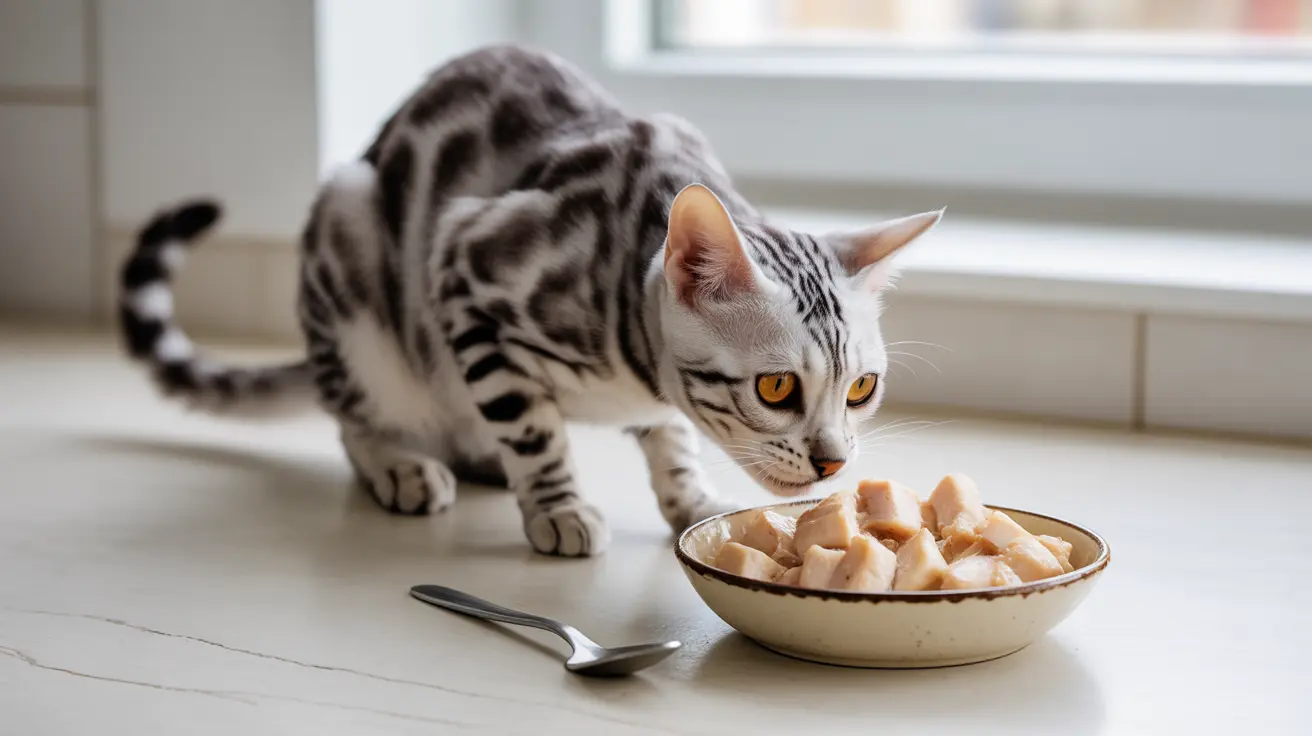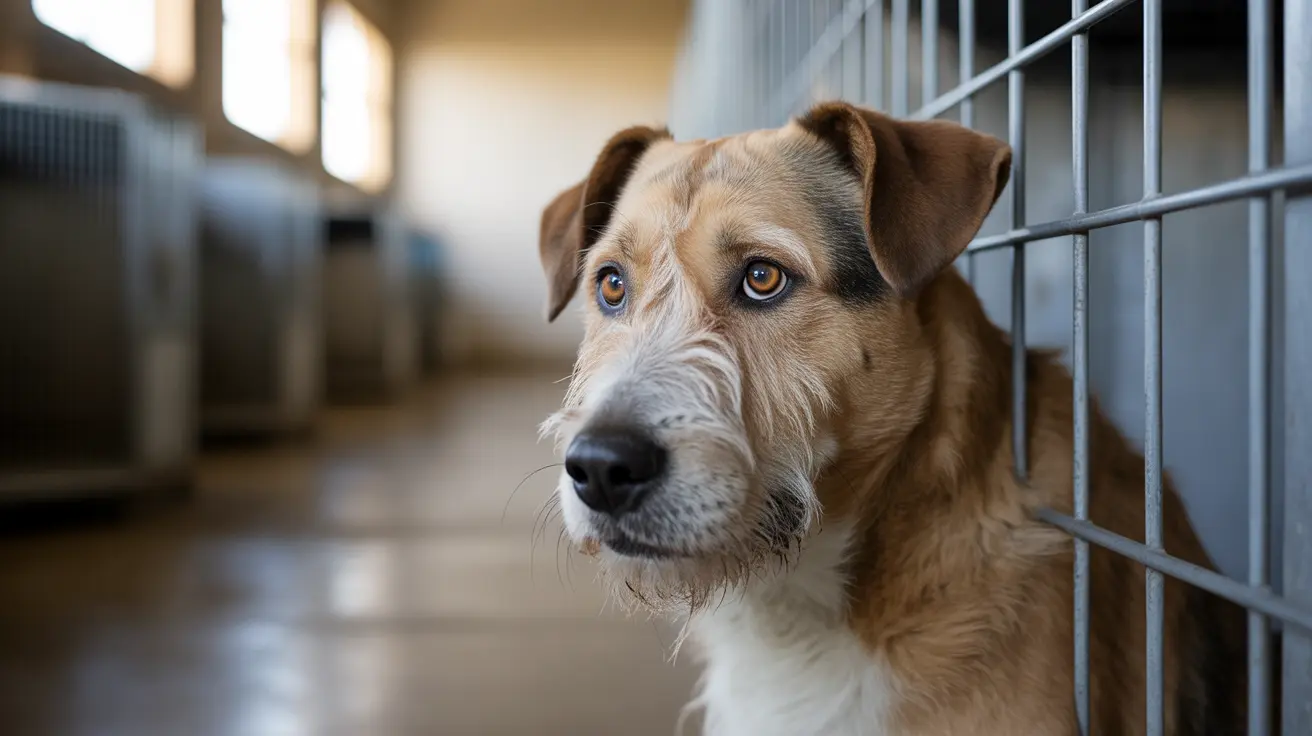The Benefits of Chicken for Cats
Chicken serves as an excellent protein source for cats, who are obligate carnivores. It contains essential amino acids, B vitamins, and minerals that support feline health. When properly prepared, chicken can be a nutritious addition to your cat's diet.
Key Nutritional Benefits
- High-quality protein for muscle maintenance
- Essential B vitamins, particularly niacin and B6
- Important minerals like phosphorus and selenium
- Low in carbohydrates, matching cats' natural dietary needs
Safe Ways to Feed Chicken to Your Cat
The preparation method significantly impacts whether chicken is safe for your cat. Following proper guidelines can help avoid potential health risks.
Recommended Preparation Methods
- Cook thoroughly without seasonings or oils
- Remove all bones and skin
- Cut into small, manageable pieces
- Serve at room temperature
- Store properly in refrigeration
Potential Risks and Dangers
While chicken can be beneficial, certain forms and preparation methods can pose serious health risks to your cat.
Raw Chicken Concerns
- Risk of bacterial contamination (Salmonella, E. coli)
- Potential parasitic infections
- Incomplete nutritional profile
- Cross-contamination risks for humans
Bone-Related Hazards
- Choking hazards
- Internal injuries from splintered bones
- Digestive tract obstruction
- Dental damage
Chicken as Part of a Balanced Diet
While chicken can be a healthy addition to your cat's diet, it shouldn't be the only food source. Cats require a balanced diet with specific nutrients that chicken alone cannot provide.
Important Considerations
- Use as a supplement to complete cat food
- Limit portion sizes
- Monitor for allergic reactions
- Ensure variety in protein sources
Frequently Asked Questions
Is cooked chicken safe and healthy to feed my cat?
Yes, plain cooked chicken is safe and healthy for cats when properly prepared without seasonings or bones. It should be fully cooked and served in moderation as part of a balanced diet.
What are the risks of feeding raw chicken to cats?
Raw chicken poses significant risks including bacterial infections (Salmonella, E. coli), parasitic infections, and potential nutritional deficiencies. It's generally not recommended by veterinarians.
Can cats eat chicken bones, and are raw bones safer than cooked ones?
No, cats should not eat chicken bones, whether raw or cooked. Both types can splinter and cause serious injuries, including choking, internal punctures, and digestive blockages.
Why should chicken not be the sole food in my cat's diet?
Chicken alone lacks essential nutrients cats need, including taurine, vitamins A and D, and certain minerals. A complete feline diet requires additional nutrients found in properly formulated cat food.
How do I properly prepare chicken for my cat to avoid health problems?
Cook chicken thoroughly without seasonings, remove all bones and skin, cut into small pieces, and serve plain. Never add oils, spices, or marinades, and ensure proper food safety handling.
Conclusion
When properly prepared, chicken can be a healthy addition to your cat's diet. However, it's essential to follow safety guidelines, avoid raw chicken and bones, and use it as a supplement rather than a primary food source. Always consult with your veterinarian before making significant changes to your cat's diet.






